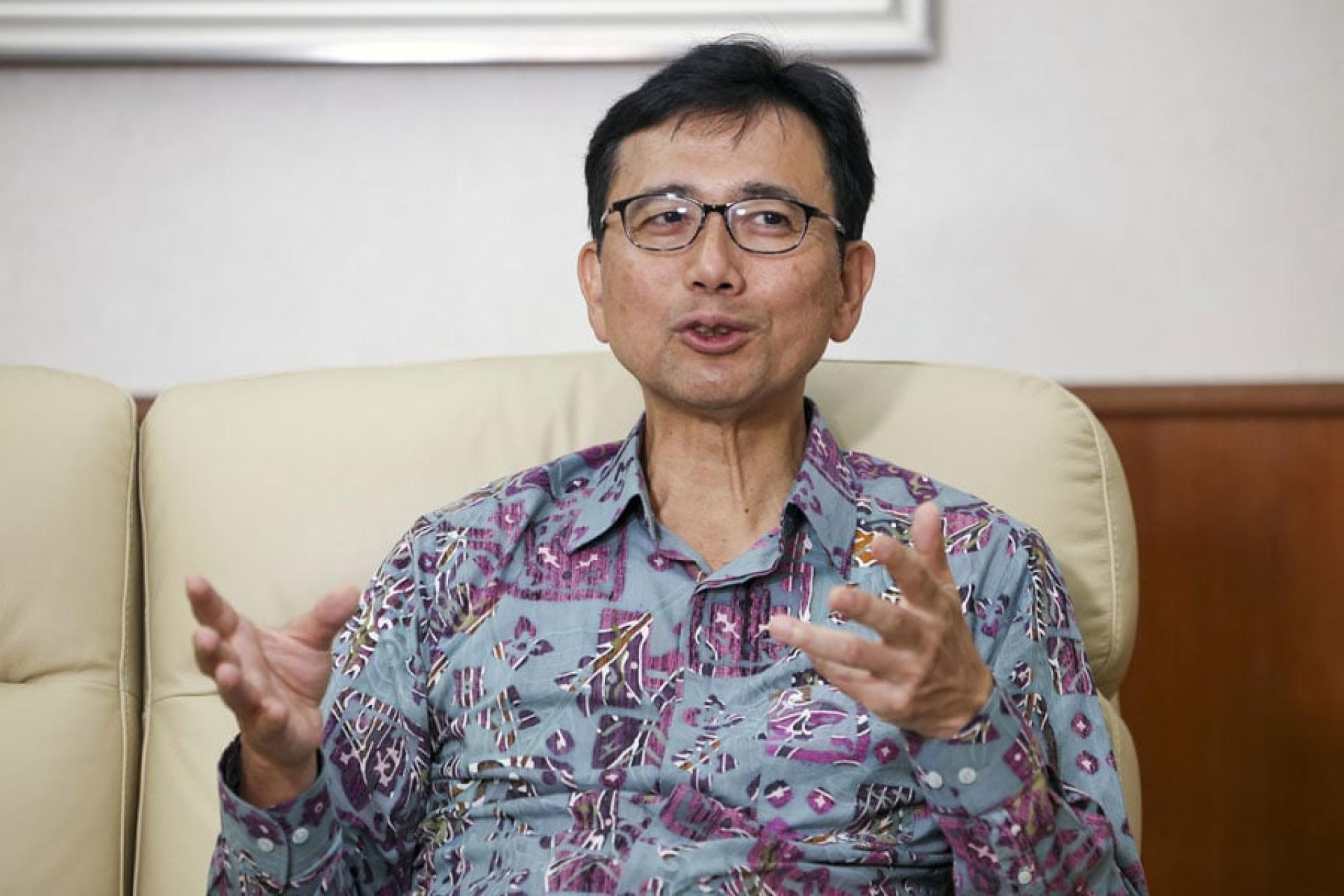Japan strongly supports Malaysia's leadership in promoting ASEAN regional economic integration, and states that deeper cooperation through the Regional Comprehensive Economic Partnership (RCEP) and the Comprehensive and Progressive Agreement for Trans-Pacific Partnership (CPTPP) will help unify standards, simplify cross-border trade, and enhance regional supply chain resilience.
Japan’s Ambassador to Malaysia, Takahashi Katsuhiko, pointed out that Japan regards RCEP and CPTPP as the main pillars of free and open Indo-Pacific trade platforms, and will continue to work closely with Malaysia to advance regional market integration.
He said these two frameworks remain key to ensuring regional supply chain connectivity and rules-based trade.
“During Malaysia’s chairmanship of ASEAN, we are moving towards a more connected and innovative regional economy.”
“Japan and Malaysia are both free trade–oriented countries, and we are both members of these free trade agreements. Japan will continue to promote high-standard trade rules to encourage innovation, investment, and inclusive growth.”
He made these comments in an interview with Bernama ahead of the 47th ASEAN Summit.
Takahashi Katsuhiko mentioned that many Japanese enterprises in ASEAN still face fragmented regulations and individual national investment rules, which limit cross-border efficiency of the regional value chain.
“Unifying regulations and strengthening connectivity will enhance the regional value chain and avoid future disruptions.”
“My impression is that ASEAN markets are still fragmented; for example, auto companies manufacturing parts in Cambodia are having their cross-border trade blocked by border disputes between Thailand and Cambodia.”
He said Japan welcomes Malaysia and ASEAN’s initiatives to reduce these barriers by strengthening regulatory coordination and digitalization, which will encourage more cross-border investment within the RCEP and CPTPP frameworks.
On the wider trade situation, he said Japan remains open to the United States rejoining the CPTPP, but acknowledges that the final decision rests with Washington.
He said peace and stability are always the foundation of regional trade, while the situations in Myanmar and the South China Sea pose potential risks to supply chains and energy security.
“Peace is fundamental. If Petronas’s energy exploration activities are disrupted, from an energy security perspective, there’s no doubt it’s bad news.”
